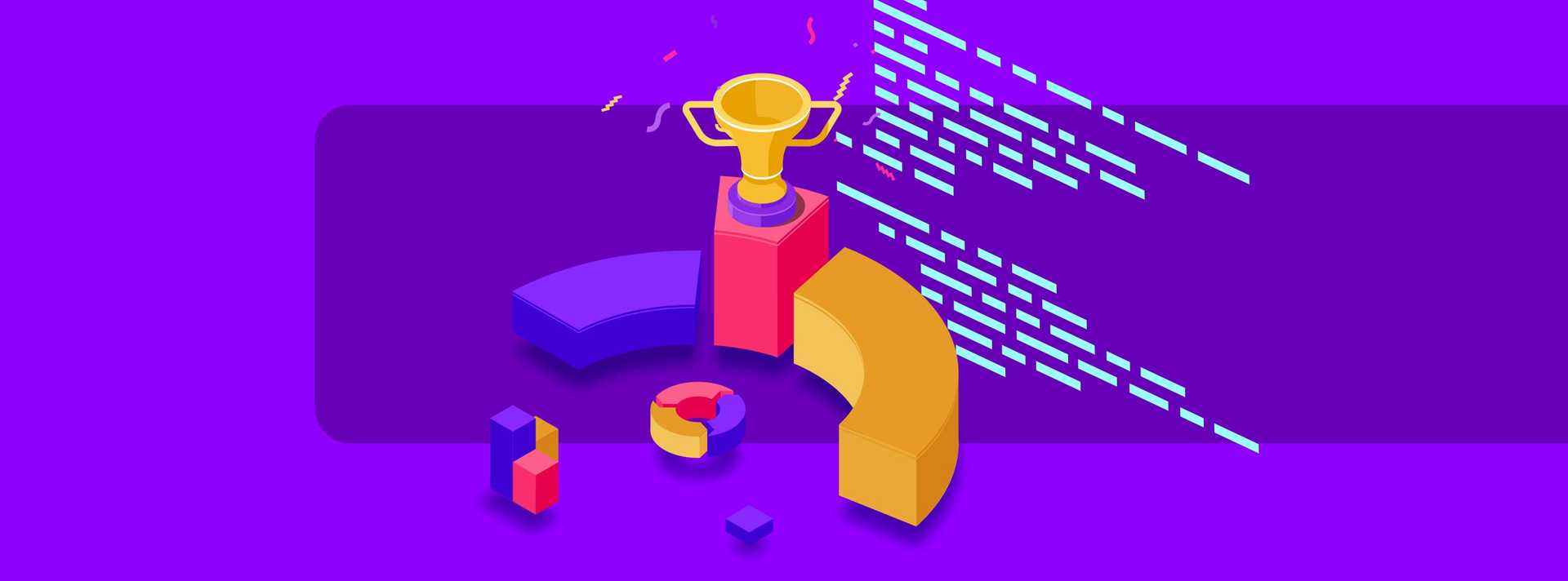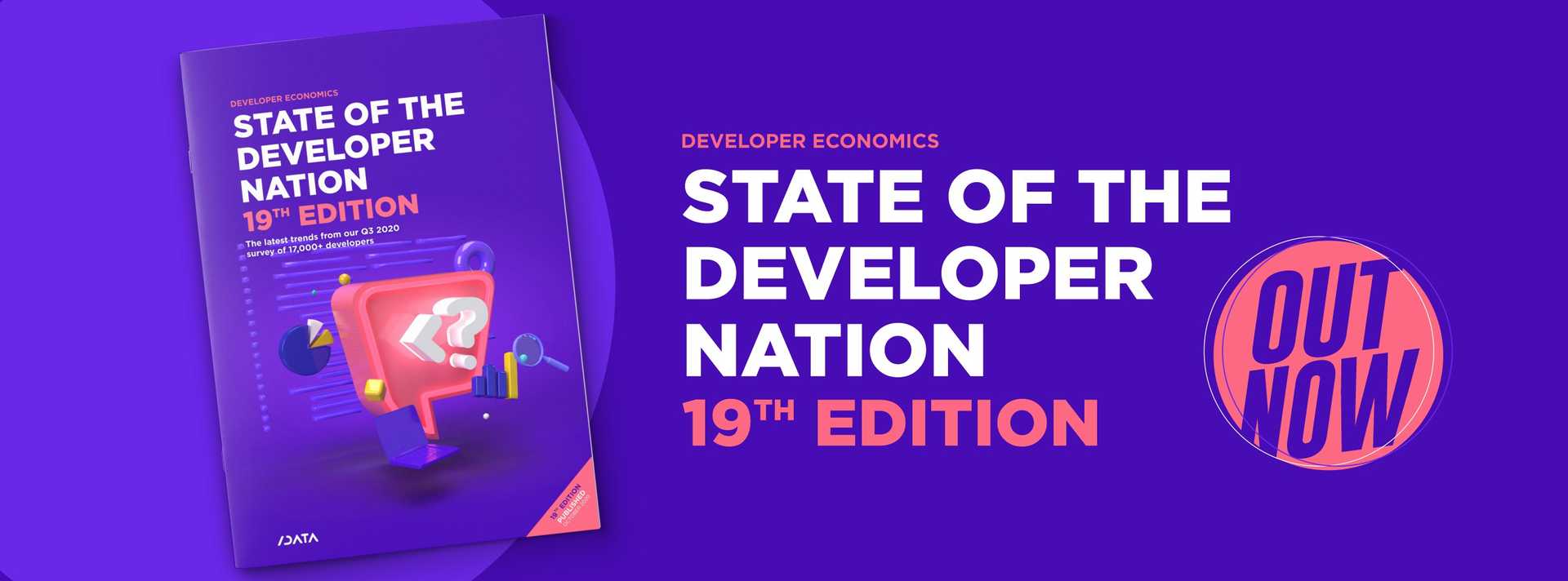Recent Posts of Business models

11 May, 2021
In our last infographic, JavaScript was the most popular programming language. What has changed in terms of the sizes in the last six months? You can find the answers in this infographic with key findings from our Developer Economics 20th edition survey, which ran between November 2020 and February 2021 and reached 19,000 developers worldwide.

25 March, 2021
Powering up your backend knowledge? Our friends at Packt have shared five backend books you should read in 2021.

04 March, 2021
As the popularity of a technology ebbs and flows, so does its impact, and when it comes to software development practices, few recent technologies have exerted as profound an influence as DevOps. This technology has become truly mainstream, seeing widespread adoption across software sectors, industries, and roles. We are delighted to say that, for these […]

21 January, 2021
In the nearly fifteen years since Amazon AWS cracked open the cloud market by releasing S3 – and changed the world by doing so – there has been huge growth in the variety of cloud solutions available for developers to use. We examine the different reasons that developers give for adopting or rejecting cloud technologies. The findings shared in this post are based on the Developer Economics survey 19th edition which ran during June-August 2020 and reached more than 17,000 developers in 159 countries.

11 December, 2020
Which programming languages had notable changes in adoption trends in the last 3 years? Find the answers in our infographic with key findings from our Developer Economics 19th edition survey, which ran in June-August 2020 and reached 17,000 developers in 159 countries.

27 July, 2020
We continue to look into some of the AR/VR trends in the ecosystem, focusing on the main differences between developers and non-developers active in this space

15 July, 2020
What did developers do during Covid-19 outbreak? Who worked remotely, who did all the cooking, and who missed travelling? Our Covid-19 infographic sums up which lifestyle changes developers had to make.

09 July, 2020
If you’re interested in dabbing your toes in the front-end development, this post if for you. Our community is rich with developers covering all major areas of development, so we reached out to one of our loyal members to share a few front-line tips with you via this mini professional front-end developer guide!

07 July, 2020
We take a look at some of the trends in the AR & VR ecosystem, focusing on the main differences between developers and non-developers active in this space.
